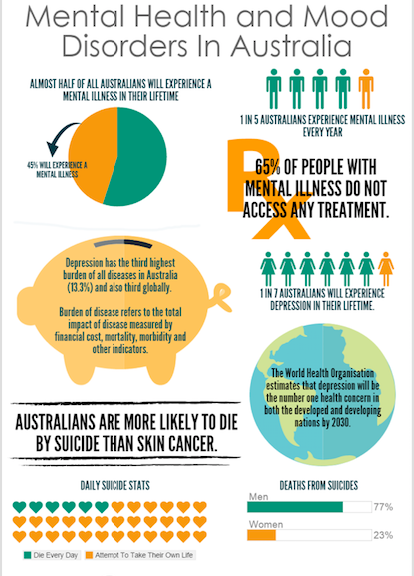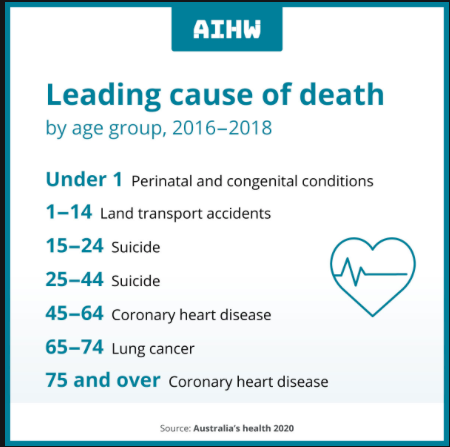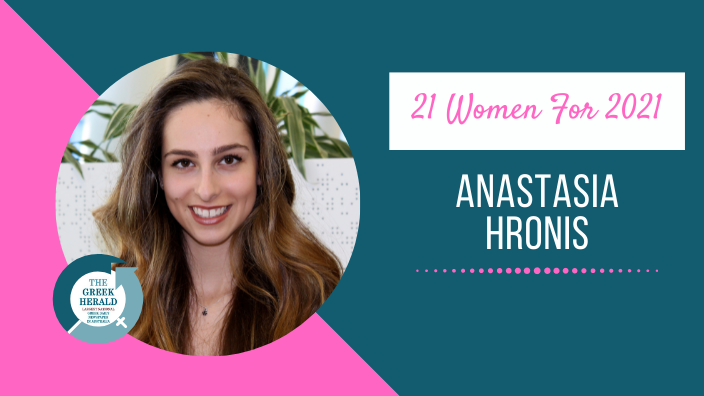The back-to-back bushfire and coronavirus disasters of 2020 saw the mental health of Australians under more strain than ever.
Over the course of 2020-21, the then-Morrison government spent an unprecedented $5.7 billion on mental health. The biggest measure – costing more than $100 million – was the doubling of annual Medicare-subsidised sessions with a psychologist, from 10 to 20 sessions.
But, is this enough to reduce the stigma and to address the gaps in data and information on the prevalence of mental illness in people from culturally and linguistically diverse (CALD) backgrounds or is a renewed, national mental health strategy what’s required?
To answer the above questions, The Greek Herald caught up with Clinical Psychologist and Founder of the Australian Institute for Human Wellness, Dr Anastasia Hronis.
Mental Health and Emotional Wellbeing. How important are they and why do we often underestimate them?
Mental health and emotional wellbeing are incredibly important, at every stage of life. They are a vital part of our life, and they impact the way we think, how we feel, and ultimately what we do and the choices we make.
Unlike some physical ailments or health conditions, we often can’t directly “see” if a person is mentally unwell or struggling. For this reason, we may sometimes underestimate how someone is coping, or the importance of our mental health and emotional wellbeing.
There is a lot of information with regards to mental health issues. But are the support services reflective and responsive to the needs of people from CALD communities?
Unfortunately, we still have a lot of work to do when it comes to supporting CALD communities. While there are many support services available, it is often much more difficult for CALD communities to access help in a timely way, particularly when there is need for translators, or clinicians who speak a particular language.
Furthermore, clinicians may not always understand some of the cultural nuances, which can have a great impact on a person’s situation, overall quality of life, as well as manifestation of their symptoms. For example, in some communities there may be some normal grief processes which without understanding the traditions, could potentially be pathologized.

Stigma against mental illness is common within the Greek and Cypriot cultures. Why does this happen in your opinion? What is the community’s role in reducing stigma?
We still have a long way to go when it comes to reducing stigma.
Stigma seems to be perpetuated when there isn’t enough in the way of education, knowledge and public health messages about mental health and wellbeing. One of the key ways to reduce stigma is to start to talk about it more openly and honestly, and to normalise that mental health concerns are common and need to be addressed.
I believe this change needs to be led by influential organisations within the community, including the church, community services and public figures.
Are there any specific strategies we can follow to be more inclusive in our daily lives?
I believe that it is important we move towards a willingness to listen to others if they talk about their mental health and wellbeing, and to support them without judgement.

We know that in Australia, suicide is the among the leading causes of death for Australians between the ages of 15 and 44 and according to a report released recently by the University of Sydney, the country is forecast to see an increase in suicide deaths of “at least” 13.7% over the next 5 years. What can we do to prevent that?
Unfortunately, the number of people who die from suicide each year is on the rise.
I believe we need a stronger stepped-care approach to helping people who have mental health difficulties, including those who are at risk of suicide. This means taking a proactive approach to help people before they become unwell, rather than a reactive approach to helping people when they become more unwell.
We can include more programs in schools and workplaces to build knowledge and awareness of mental health difficulties, strategies for coping and promoting healthy lifestyles and emotional wellbeing.

